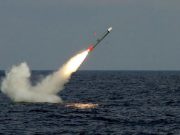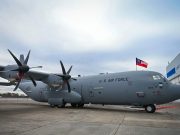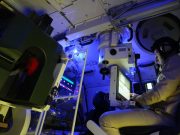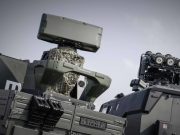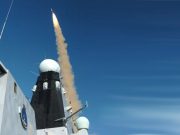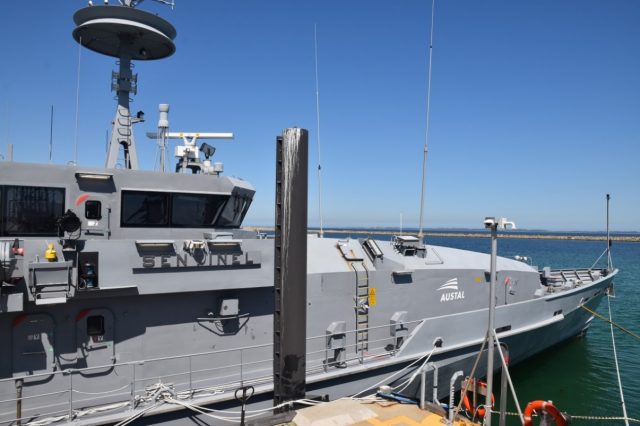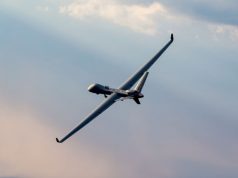Australian shipbuilding major Austal has received a decommissioned Royal Australian Navy Armidale-class patrol boat (ACPB) to use it for the testing and evaluation of autonomous and remotely operated systems.
The former HMAS Maitland is currently at Austal Australia’s Henderson shipyard, where it is undergoing the ‘modification phase’ of the Patrol Boat Autonomy Trial (PBAT), a collaboration between Austal, Trusted Autonomous Systems Defence Cooperative Research Centre and the Royal Australian Navy Warfare Innovation Navy (WIN) Branch.
The trial will establish robotic, automated and autonomous elements on a patrol boat, providing a proof-of-concept demonstrator, for optionally crewed or autonomous operations for the RAN into the future.
The trial will also explore the legal, regulatory pathways and requirements of operating an autonomous vessel at sea, Austal said.
PBAT couples Austal’s experience as the designer and manufacturer of the Armidale-class Patrol Boat (ACPB), with subcontractor L3Harris’ experience in autonomous vessel technology. With co-funding from the Commonwealth of Australia, guidance and support is provided from the Trusted Autonomous Systems Defence Cooperative Research Centre.
Following the arrival of the vessel in Henderson, Western Australia, the re-named ‘Sentinel’ has entered the trial’s modification phase. In this stage, the vessel will be fitted with a variety of monitoring and control systems and technologies that enable autonomous and remote operations. Austal expects the vessel to be registered under Australian Maritime Safety Authority (AMSA) jurisdiction as a domestic commercial vessel from July 2023 to enable sea trials to begin in October 2023.
“Austal are pleased to be at the heart of Australia’s autonomous naval journey, working with our Industry partners, Navy and the Commonwealth, to complete the modification and trials, and share this data to improve the wider knowledge base,” Austal CEO Paddy Greg said.
Some of the aims of the PBAT project will be to progress the concept of remote operations and the autonomous certification approach, increase the understanding of fuel management, communication, and navigation systems to be made autonomous, and investigate the sustained operation of shipboard mechanical systems without crew intervention, including systems of redundancy and reliability to support operations at sea for extended periods.
The sustained operation of a ship with no crew on board is something that the US Defense Advanced Research Projects Agency (DARPA) is also exploring with its more radical No Manning Required Ship (NOMARS) program. NOMARS is using a clean-sheet approach to ship design, with the requirement that there will never be a human on board the vessel while it is at sea – including during underway replenishment (UNREP) events. This will enable the program to eliminate all constraints and requirements associated with humans.





